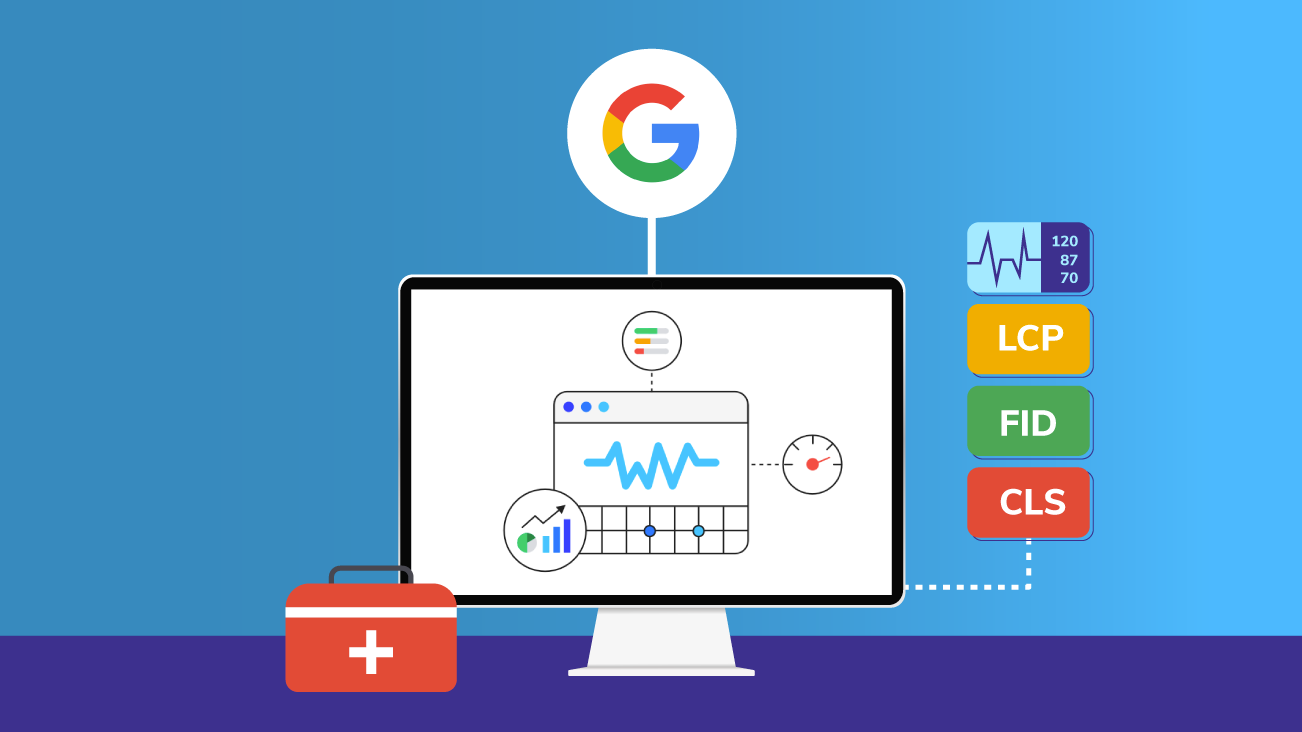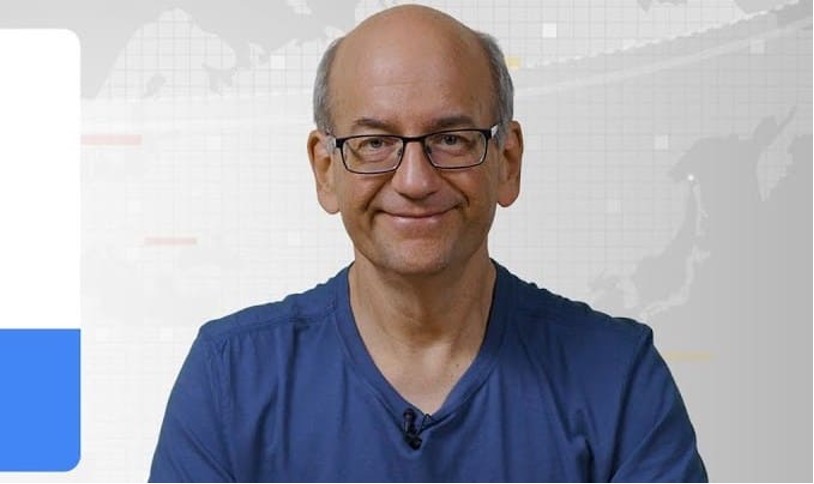Google says Focus on Content to Recover from Core Updates

Google’s recent Core Algorithm update might be done and dusted, however its effects are still being discovered by many sites and not all of them are welcome
How do they go about the process of recovering?
While many people automatically start looking at technical fixes, the real results are much more obvious, good old fashioned valuable content!
Google’s John Mueller on How to recover from Core Updates
Let’s rewind the clock to October of 2021, and a Search Central SEO office-hours hangout helmed by Google’s very own John Mueller.
Any ranking drops following on the heels of a broad core update are an almost certain sign (according to Google) that a site is starting to lose relevancy for its intended audience and the queries it is targeting.
You could focus on technical fixes all day long, but only the brave or very foolish would neglect the on-page content.
- Because it is almost certainly the culprit.
Mueller’s confirmation of that came in response to a question from a site owner frustrated that his attempts to address his site’s technical issues and create a much improved user experience have not yielded the results he expected or needed.
Mueller simply suggests focusing on the content instead and importantly; to also keep expectations realistic in terms of regaining lost rankings post Core Update.
Keeping Expectations Realistic
Why is that a good idea?
Because Google will see it as a different site when any large scale content changes are made, and no longer really comparable to its earlier incarnation:
“It’s not so much that we would consider it a situation where you have to fix something. But rather, when it comes to relevance, if you work on improving the relevance of your website, then you have a different website, you have a better website.
So it’s not that we would switch back and say oh, it’s like the issue is fixed, and we will change it back to the previous state.
But rather, you’re saying well this is a better website now, and we look at it and say oh it’s a better website. It’s not the same or comparable to before, so it would be kind of tricky to expect that it changes to the state it was before. But it’s a new website, it’s a better website.
I think, especially with core updates, when you’re talking about recovery, it’s not so much you’re recovering but rather Google is seeing that you have a better website and reacting to that.”
Big Changes equal Big Gains?
We may not be talking about minor tweaks here and there, improving a site’s relevance is a much more holistic undertaking and some major adjustments to content are important:
“With the core updates we don’t focus so much on just individual issues, but rather the relevance of the website overall.
And that can include things like the usability, and the ads on a page, but it’s essentially the website overall.
And usually that also means some kind of the focus of the content, the way you’re presenting things, the way you’re making it clear to users what’s behind the content. Like what the sources are, all of these things. All of that kind of plays in.”
John Mueller adds that combining those content changes with other changes aimed at improving the user experience can help to a certain extent but make no mistake, when it comes to site relevance and post-Core Update penalties, content is king!
“So just going in and changing everything around the content— I think you can probably get some improvements there.
But essentially if you really want Google to see your website as something significantly better, you probably also need to work on the content side.
… think about where might there be low quality content, where might users be confused when they go to my website— and is that confusion something we can address with technical issues? With UX changes? Or do we actually have to change some of the content that we present?”
John Mueller’s carefully crafted words are just as relevant today as they were twelve months ago and it makes fascinating viewing for anyone looking to recover from the recent Core Update and learn more directly from Google itself in the form of its very own Webmaster Trends Analyst.





Comments